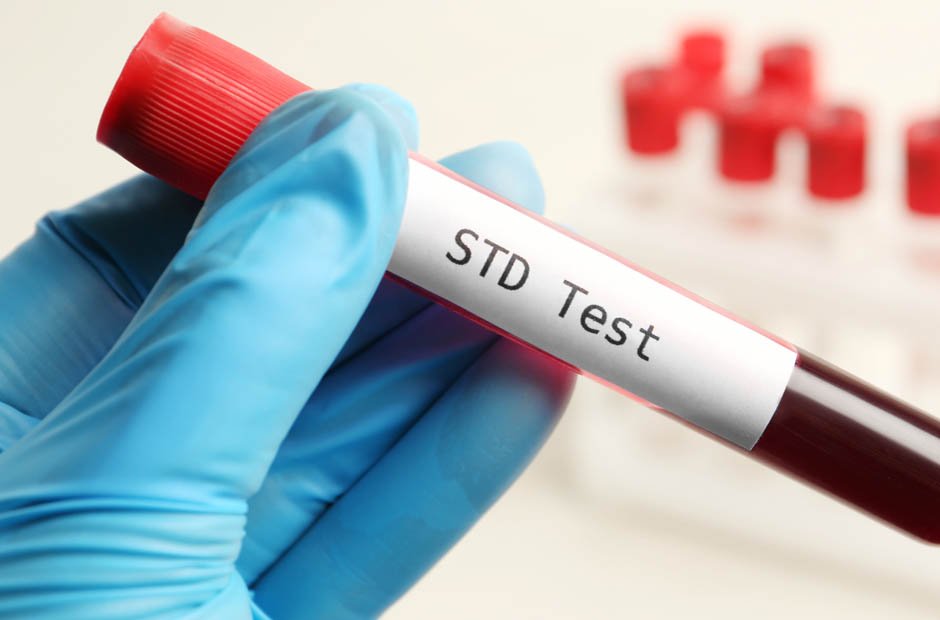In today’s world, sexual health is a crucial aspect of overall well-being. Regular STD testing is a responsible step toward maintaining good health and preventing the spread of infections. However, the array of available tests can be overwhelming. We will explore the different types of STD tests in the clinic for std testing, their purposes, and which ones might be the most suitable for your needs.
Table of Contents
Understanding the Types of STD Tests
- Blood-Based Tests:
Blood tests are one of the most common methods used to detect STDs. They are effective in identifying infections like HIV, syphilis, and hepatitis B and C. These tests work by analyzing a sample of your blood for specific antibodies or antigens produced by your immune system in response to the infection. Blood-based tests are generally accurate and provide reliable results.
- Urine Tests:
Urine tests are another noninvasive option for STD screening. They are beneficial for detecting infections like chlamydia and gonorrhea. Urine samples are collected and analyzed for the presence of bacteria or genetic material (DNA or RNA) from the infecting organism. Urine tests are convenient and can be done without uncomfortable swabs or blood draws.
- Swab Tests:
Swab tests collect samples from the affected area, such as the genitals, rectum, or throat. These tests are commonly used to diagnose STDs like chlamydia, gonorrhea, herpes, and HPV. Depending on the suspected infection, healthcare providers may use cotton swabs to collect samples from the cervix, urethra, anus, or oral mucosa. Swab tests are essential for accurate diagnosis and targeted treatment.
- Fluid Tests:
Some STDs, such as genital herpes and syphilis, can be diagnosed using fluid samples from genital sores or ulcers. Fluid tests involve collecting a sample of the fluid or discharge from the affected area and testing it for the presence of the infecting organism. These tests are crucial for confirming diagnoses and determining the appropriate course of treatment.
Choosing the Right Test for You
When deciding which STD test is proper for you, several factors should be considered:
- Symptoms:
If you are experiencing symptoms such as genital sores, unusual discharge, pain during urination, or flu-like symptoms, it’s essential to seek testing promptly. Swab and fluid tests may be necessary to identify the cause of your symptoms accurately.
- Recent Sexual Activity:
If you have recently engaged in unprotected sexual activity or have multiple sexual partners, regular STD testing is highly recommended. Blood, urine, and swab tests can detect various infections and help prevent further transmission.
- Previous Test Results:
If you have a history of STDs or have received positive test results in the past, follow-up testing is crucial to monitor your health and ensure effective treatment. Your healthcare provider may recommend specific tests based on your previous results and medical history.
- Risk Factors:
Certain risk factors, such as intravenous drug use, engaging in sex work, or having a partner with a known STD, may increase your risk of infection. Discussing your risk factors with your healthcare provider can help determine the most appropriate testing strategy for you.
Self-Testing Kits
Self-testing kits for STDs have become increasingly available and popular. These kits allow individuals to collect samples (such as urine or swabs) at home and send them to a laboratory for analysis. While self-testing kits offer convenience and privacy, ensuring their reliability and accuracy is crucial. Some kits may be limited in detecting certain infections or require confirmation by a healthcare provider. Before opting for a self-testing kit, it’s advisable to consult with a medical professional to determine its suitability for your specific needs.
Comprehensive STD Panels
For individuals seeking comprehensive STD screening, healthcare providers often recommend panels that include multiple tests. These panels are designed to detect a range of common STDs, providing a comprehensive overview of your sexual health status. Comprehensive STD panels may include blood tests for HIV, syphilis, and hepatitis, urine tests for chlamydia and gonorrhea, as well as swab tests for genital herpes and HPV. Choosing a comprehensive panel can be beneficial, especially if you have multiple risk factors or want thorough screening.
Follow-Up Testing and Treatment
After undergoing STD testing and receiving results, follow-up testing may be necessary in certain situations. If you test positive for an STD, your healthcare provider will discuss treatment options with you. Treatment typically involves antibiotics for bacterial infections or antiviral drugs for viral infections. Completing the prescribed treatment and attending follow-up appointments is crucial to ensure the disease has been effectively treated. Regular follow-up testing may also be recommended to monitor your response to treatment and detect any potential reinfections or complications.
Understanding the different types of STD tests is essential for making informed decisions about your sexual health. Regular screening and open communication with healthcare providers are vital to maintaining a healthy lifestyle, whether you opt for blood, urine, swab, or fluid tests. Remember that early detection and treatment can significantly impact your well-being and prevent the spread of STDs within your community. Take charge of your health by prioritizing STD testing and seeking appropriate medical care when needed.










